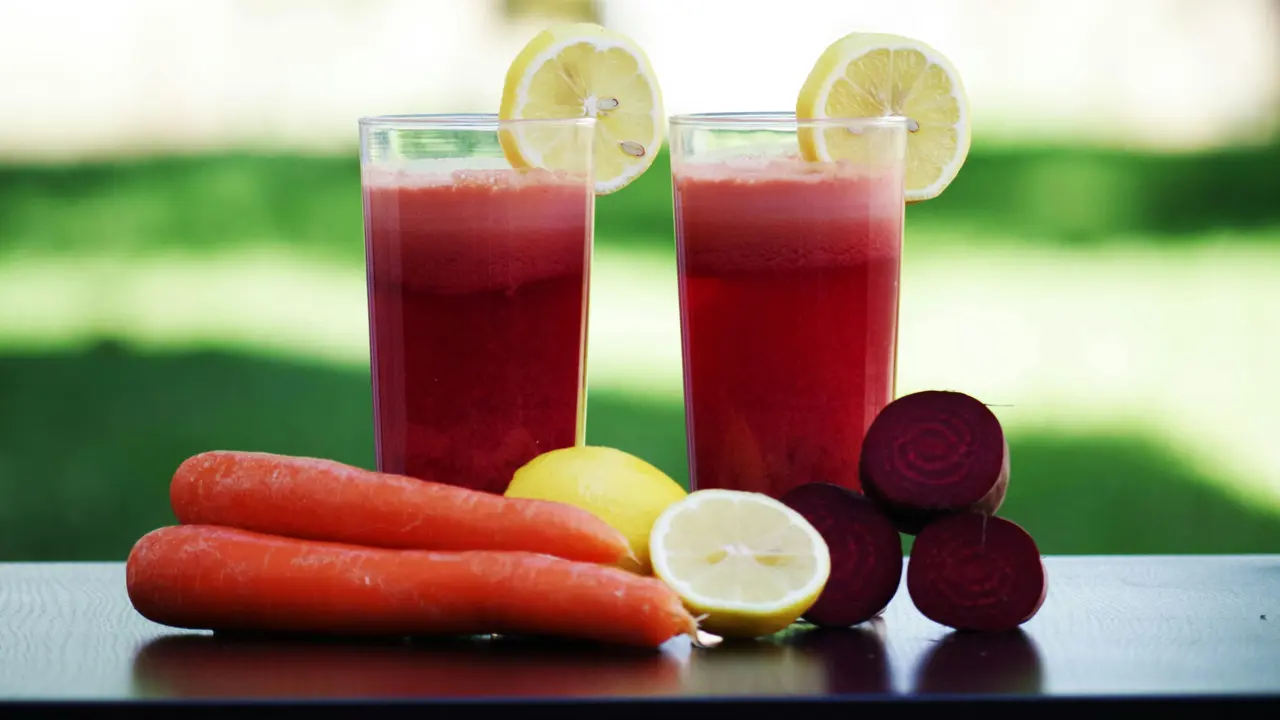Are you pregnant and wondering, “can prenatal vitamins make you constipated”? It’s a common concern among expecting mothers as they navigate the changes brought by pregnancy. In this article, we will delve into the relationship between prenatal vitamins and constipation, exploring potential causes, symptoms, and solutions to help you maintain comfort during this crucial time.
Understanding Prenatal Vitamins and Their Importance
What Are Prenatal Vitamins?
Prenatal vitamins are specially formulated supplements designed to meet the nutritional needs of pregnant women. They typically contain essential vitamins and minerals such as folic acid, iron, calcium, and DHA, which are vital for the development of the baby and the health of the mother.
How Prenatal Vitamins Support Pregnancy
These vitamins play a critical role in the well-being of both the mother and the baby. Here are some key benefits:
- Folic Acid: Helps prevent neural tube defects.
- Iron: Essential for blood production and preventing anemia.
- Calcium: Supports the development of the baby’s bones and teeth.
- DHA: Important for brain development.
The Link Between Prenatal Vitamins and Constipation
Can Prenatal Vitamins Make You Constipated?
Many women experience constipation during pregnancy, and some may wonder if taking prenatal vitamins contributes to this discomfort. The answer is nuanced, as prenatal vitamins themselves may not directly cause constipation, but certain ingredients can be culprits.
Common Ingredients Associated with Constipation
Some components of prenatal vitamins are known to affect bowel movements:
- Iron: While essential for pregnancy, iron is often linked to constipation. It can slow down digestion and lead to harder stools.
- Calcium: Excessive calcium intake can also lead to constipation in some individuals.
Signs of Constipation in Pregnancy
It’s important to recognize the symptoms of constipation, which may include:
- Less frequent bowel movements (fewer than three times a week)
- Difficulty or straining during bowel movements
- Hard or lumpy stools
- Abdominal discomfort or bloating
Strategies to Manage Constipation While Taking Prenatal Vitamins
Dietary Changes to Consider
Adjusting your diet can significantly help alleviate constipation:
- Increase Fiber Intake: Incorporate fruits, vegetables, whole grains, and legumes into your meals.
- Stay Hydrated: Drink plenty of water to keep stools soft and promote regular bowel movements.
- Limit Processed Foods: Reduce consumption of processed and low-fiber foods, which can exacerbate constipation.
When to Consult Your Healthcare Provider
If constipation persists despite dietary changes and adequate hydration, it is advisable to consult with your healthcare provider. They may recommend different prenatal vitamins with lower iron content or prescribe a stool softener if necessary.
Potential Alternatives to Prenatal Vitamins
Exploring Options for Expecting Mothers
If you find that your current prenatal vitamins are causing discomfort, consider these alternatives:
- Low-Iron Prenatal Vitamins: These formulations may reduce the likelihood of constipation.
- Eating Nutrient-Rich Foods: Focus on obtaining necessary vitamins and minerals from whole foods whenever possible.
Supplements to Ease Constipation
Beyond adjusting your prenatal vitamins, there are other supplements you might explore:
- Probiotics: These can promote gut health and regular bowel movements.
- Magnesium: Known for its laxative effects, magnesium may help soften stools.
Conclusion
In conclusion, while the question “can prenatal vitamins make you constipated?” is valid, understanding the ingredients and making lifestyle adjustments can significantly impact your experience. If you encounter persistent constipation, speak to your healthcare provider about alternatives and solutions tailored to your needs. Remember, maintaining comfort during pregnancy is crucial, so stay informed and proactive by exploring more articles on prenatal care and nutrition!
Vitamins – Useful Links
- NIH Office of Dietary Supplements — Vitamin and Mineral Supplement Fact Sheets
- WHO — Vitamin and Mineral Nutrition Information System (VMNIS)
- MedlinePlus — Vitamins (Encyclopedia)
- CDC — Micronutrient Facts
- NHS — Vitamins and minerals
